We at ECG offer and deliver various training to dental professionals nationwide. Due to COVID restriction many of us are unable to attend our regular dental check-up appointments, therefore, as November mouth cancer awareness month, we at ECG thought we would let you know what to look out for in regards to mouth cancer.
A tumour that has developed in part of the mouth is known as mouth or oral cancer. Tumours can form on the surface of the tongue inside of the cheeks, roof of the mouth, lips, or gums. Less commonly, they can develop in the saliva glands, tonsils, and the pharynx (the part of the throat connecting mouth to your windpipe).
If you have any of the symptoms below and they do not clear within a three-week period, then please make an appointment for either your dentist or your GP.
- Mouth ulcers that are painful and do not heal within several weeks
- Persistent and unexplained lumps in the mouth or neck that do not go away
- Unexplained loose teeth or sockets that do not heal after extractions
- Unexplained, persistent numbness or an odd feeling on the lip or tongue
- Early signs of cancer that should be checked include white or red patches on the lining of the mouth or tongue
- Changes in speech, such as a lisp
The risk of developing mouth cancer is increased if you are a smoker, chew tobacco, drink alcohol or have the human papilloma virus (HPV).
Around 8,300 people are diagnosed with mouth cancer each year in the UK. It is more likely to develop in adults over the age of 55. Men are more likely to develop mouth cancer than women, some believe that this is due to men tending to drink more alcohol than women. Mouth cancer in younger adults is linked to the HPV infection.
There are three main treatment options for mouth cancer, such as surgery, radiotherapy and chemotherapy and are usually used in combination.
Adopting a healthier lifestyle such as eating more fruit and vegetables, drinking more water, drinking less alcohol and not smoking or chewing tobacco can all reduce your risks of developing mouth cancer.
Written by Lisa Humble ( Clinical Development Manager), Thursday 12th November 2020
Information taken from Mouth cancer (2019) Available at https://www.nhs.uk/conditions/mouth-cancer/ Accessed 11th November 2020













